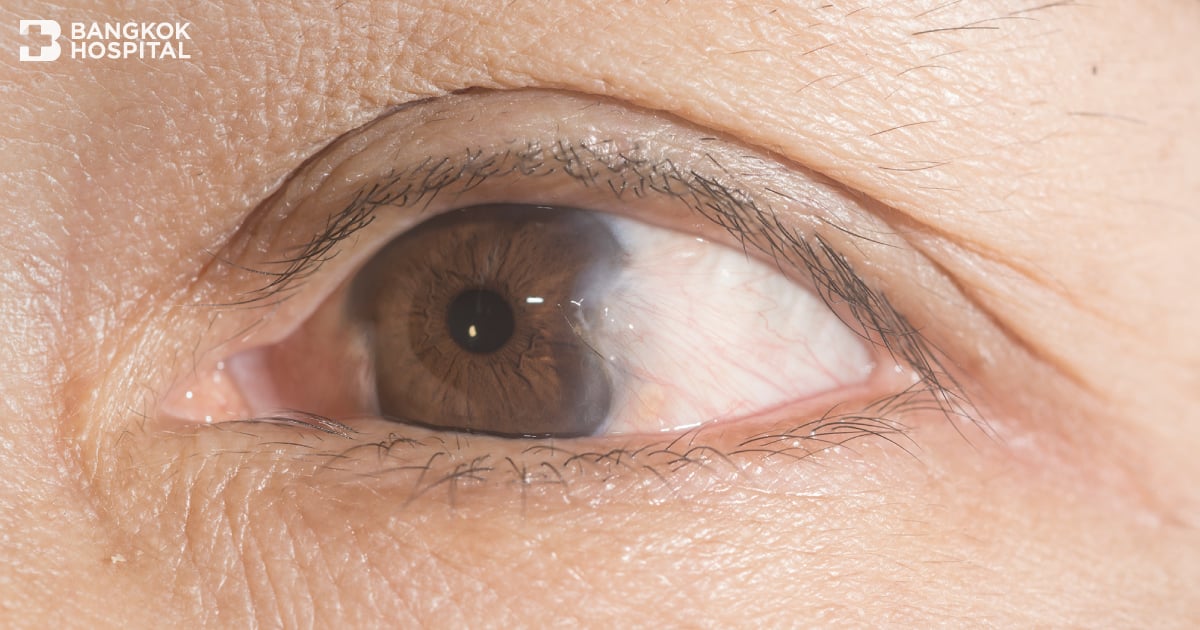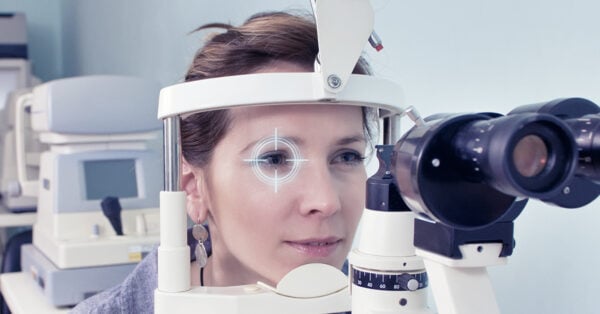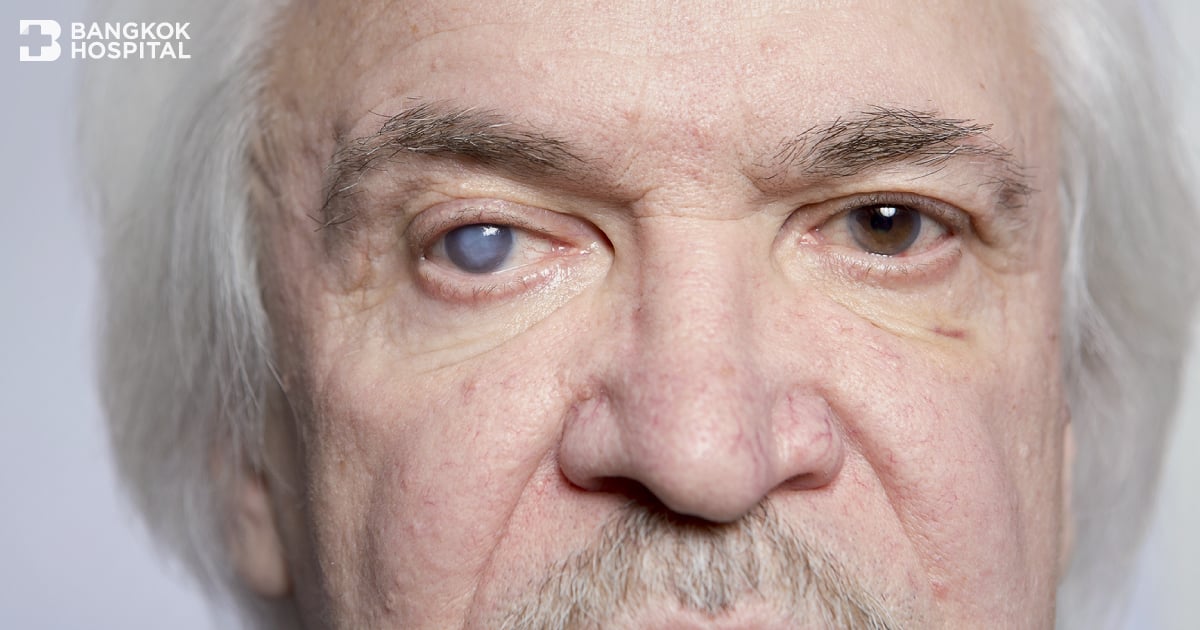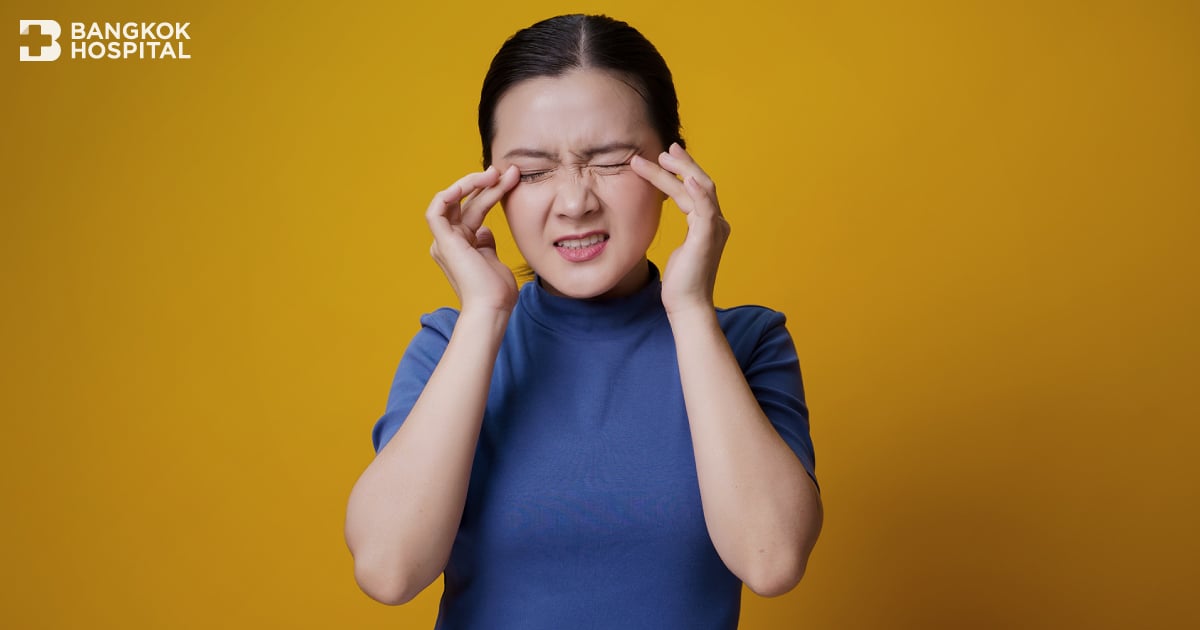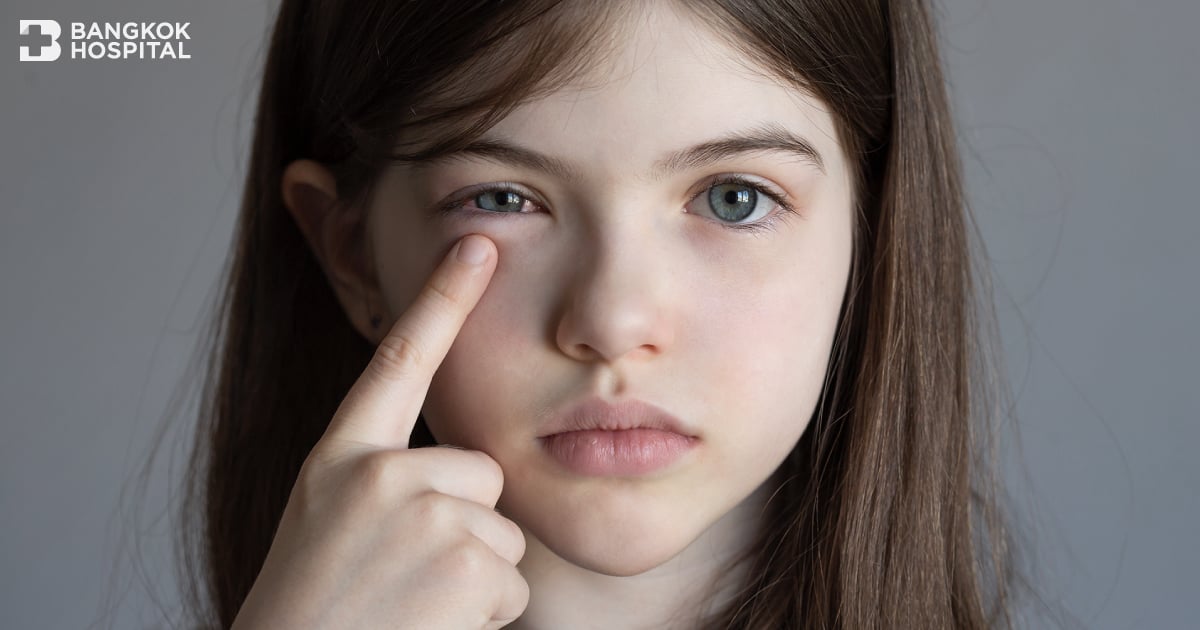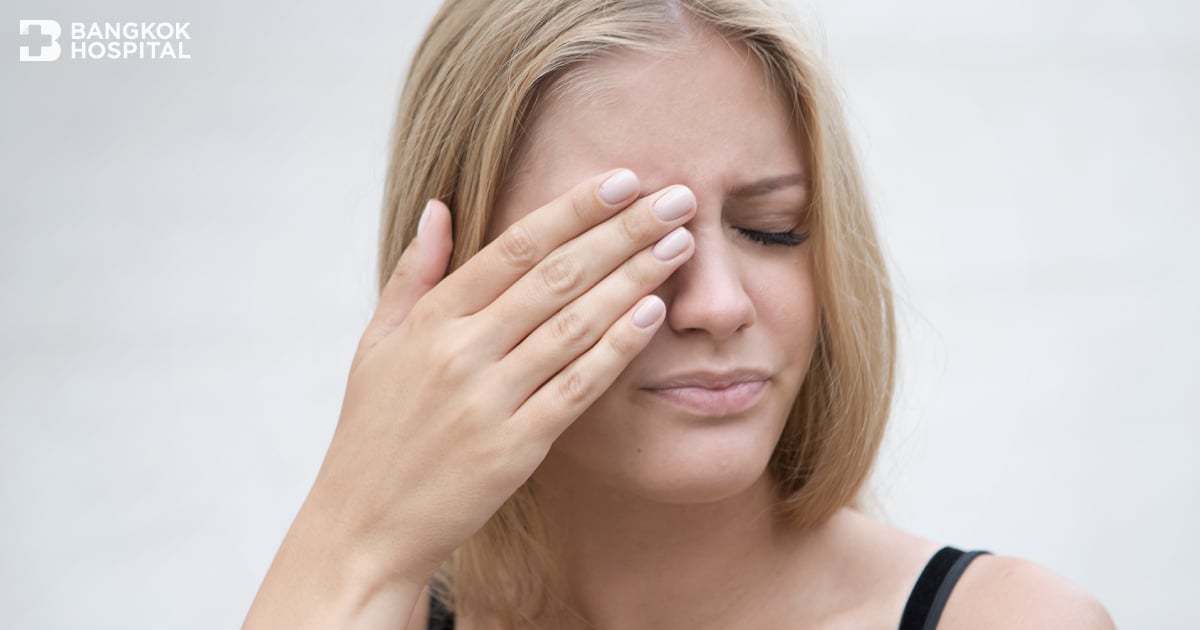Understanding Pterygium
Pterygium is a condition where the fibrous tissue of the conjunctiva becomes a red film extending into the cornea, often found more at the head of the eye than the tail. Gradually, the pterygium will spread into the cornea, slowly covering the pupil and hindering vision, leading to blurry eyesight.
Causes of Pterygium
Although the exact cause of pterygium development is still unknown, it is found to be related to exposure to ultraviolet (UV) rays, which is why pterygium is more common in people living in hot climates, those who work or spend a lot of their daily life outdoors. Constant exposure to strong winds, dust, smoke, and sand are also associated with a higher frequency of pterygium.
Symptoms of Pterygium
The most common symptoms include:- Red eyes
- Irritated eyes
- Itchy eyes
- Blurry vision
Treating Pterygium
Minor pterygium may be treated with anti-inflammatory eye drops to alleviate irritation, but it cannot cure pterygium. Surgical removal of the pterygium is considered when it significantly affects vision.
There are 2 surgical methods:
-
Pterygium excision involves removing the tissue on the white of the eye and the part covering the cornea. However, this method may have a high recurrence rate.
-
Pterygium excision with grafting involves transplanting tissue to the excised area, which could be tissue from the placenta or the patient’s own conjunctiva. The process may take longer, but the recurrence rate is considerably lower.
Preventing Pterygium
Avoid environmental conditions that are risk factors for developing pterygium by wearing sunglasses and hats when exposed to sunlight, wind, dust, and smoke, as sunglasses can protect against ultraviolet rays.

